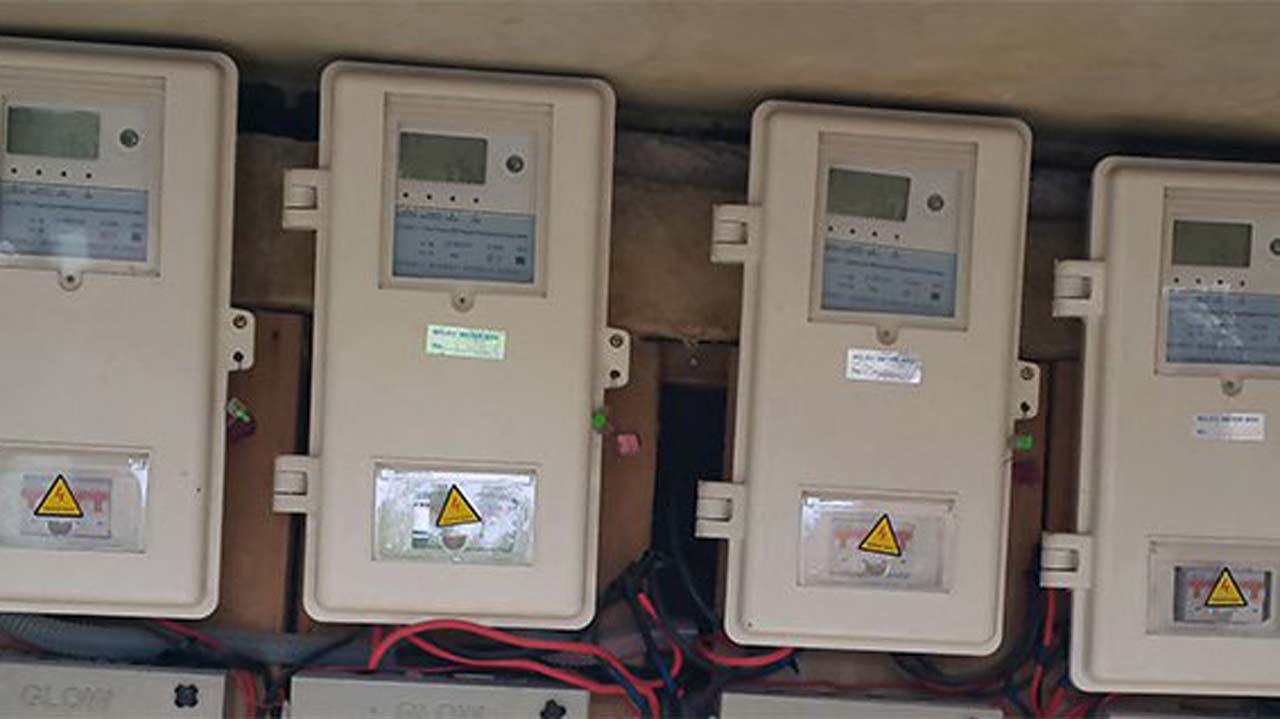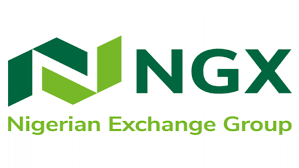Global financial services rating agency, Fitch Ratings has affirmed long-term Issuer Default Ratings (IDRs) of Zenith Bank Plc, Guaranty Trust Bank Plc, Access Bank Plc, United Bank for Africa Plc, Wema Bank Plc and Bank of Industry in its latest review of Nigerian banks.
However, it revised down the Support Rating Floors of 10 banks to ‘No Floor’ and downgraded nine others’ Support Ratings to ‘5’ following a reassessment of potential sovereign support for the banking sector.
Apart from Fitch ratings report, another international scaling group, Moody’s had also seen resilience in the books of Guaranty Trust Bank, Zenith Bank, Access Bank, First Bank Nigeria and United Bank for Africa.
Moody’s also assigned to Zenith Bank Plc Aaa.ng/NG-1; Guaranty Trust Bank Plc Aa1.ng/NG-1; Access Bank Plc Aa2.ng/NG-1 and United Bank for Africa Plc Aa2.ng/NG-1. Despite the rising non performing loans in the Nigerian banking industry, Mood’s said the bank’s balance sheet and level of profitability as well as a strong asset base will keep them resilient to the downsides of the rising NPLs.
Accordingly, a statement by Fitch said the long-term Issuer Default Ratings of First Bank of Nigeria Limited, FBN Holdings Plc, Diamond Bank Plc, Fidelity Bank Plc, First City Monument Bank Limited, and Union Bank of Nigeria Plc have been downgraded to ‘B-’ from ‘B’, in line with their stand-alone creditworthiness as defined by their Viability Ratings.
The statement released in London said “The downgrade of the nine banks’ SRs and the revision of 10 banks’ (including Wema) SRFs to ‘No Floor’ reflects Fitch’s view that senior creditors can no longer rely on receiving full and timely extraordinary support from the Nigerian sovereign if any of the banks become non-viable.
“Fitch believes that the Nigerian authorities retain a willingness to support the banks, but their ability to do so in foreign currency is weakening due to Nigeria’s eroding foreign currency reserves/ revenues, as well as limited confidence that any available foreign currency will not be used to execute other policy objectives. Therefore, Fitch takes the view that support, if ever required by the banks, cannot be relied upon.”
The long-term IDRs of Diamond Bank, Fidelity Bank, FCMB and Union Bank are downgraded to ‘B-’ as they are now underpinned by their VRs of ‘B-’ rather than their SRFs, as was previously the case.
“The downgrade of FBN’s long-term IDR reflects both a revision of its SRF and a downgrade of its VR. The latter reflects Fitch’s view that the bank’s capital base is no longer commensurate with its risk profile, reflecting questions about asset quality, particularly its level of unreserved impaired loans to Fitch Core Capital (54 per cent at end-June 2016) and pressure on its regulatory capital adequacy ratio.
“The VR of FBNH has also been downgraded, which drives the downgrade of its long-term IDR to ‘B-’.”
Fitch noted that it had also downgraded the national long-term ratings of Diamond Bank, Fidelity Bank, FCMB and Union Bank, to ‘BBB(nga)’ from ‘BBB+(nga)’ following the rating actions on their long-term IDRs.
The national long-term ratings of FBN and FBNH were also downgraded to ‘BBB(nga)’ from ‘A+(nga)’ and ‘BBB+(nga)’, respectively, the rating agency added.









